‘In the real UK, 007 might be queuing for petrol in his gleaming Aston Martin’
Your digest of analysis from the British and international press
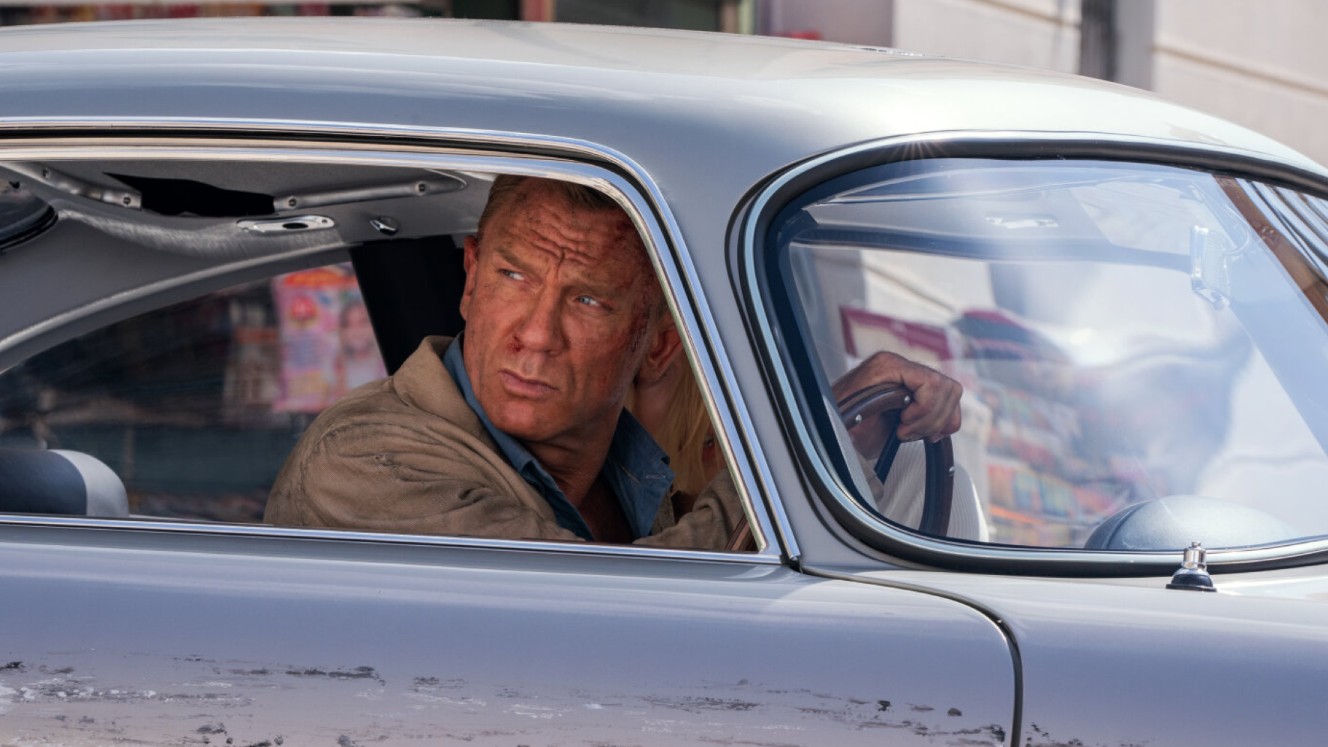
- 1. James Bond’s mission stays the same: letting Britain think it’s still a superpower
- 2. Keir Starmer and Angela Rayner both have a big problem: each other
- 3. The energy crisis offers a taste of future war
- 4. This is what the death of democracy looks like
- 5. As a gay man, I refuse to feel grateful that a same-sex couple was allowed on Strictly Come Dancing
A free daily email with the biggest news stories of the day – and the best features from TheWeek.com
You are now subscribed
Your newsletter sign-up was successful
1. James Bond’s mission stays the same: letting Britain think it’s still a superpower
Dan Sabbagh in The Guardian
on 007’s bigger mission
James Bond has faced many challenges but his “true purpose”, suggests Dan Sabbagh in The Guardian, is to be “a not very secret weapon in the struggle to assert Britain’s place as a cultural superpower”. Amid the fuel crisis, the Afghanistan retreat and the “bizarre, Franglais-laden tit-for-tat with Emmanuel Macron”, the new instalment of 007 out this week offers “an alternative universe in which a powerful British secret service ranges across the world, albeit to foil dastardly, non-state enemies”, writes Sabbagh. Over the years, the franchise has been one of the biggest beneficiaries of revamped film tax rules in 2007 and was product-placed in the 2012 Olympic Games opening ceremony. And, this time around, No Time to Die features a British military warship and Army soldiers. “Whatever the reality of Britain’s standing in the world, the projection of power that comes via a Bond movie is something the UK cannot otherwise buy.” But, in a real-life version of the UK, says Sabbagh, “007 might be queuing for petrol in his gleaming Aston Martin”.
The Week
Escape your echo chamber. Get the facts behind the news, plus analysis from multiple perspectives.

Sign up for The Week's Free Newsletters
From our morning news briefing to a weekly Good News Newsletter, get the best of The Week delivered directly to your inbox.
From our morning news briefing to a weekly Good News Newsletter, get the best of The Week delivered directly to your inbox.
2. Keir Starmer and Angela Rayner both have a big problem: each other
Stephen Bush in the New Statesman
on finding trust
Despite their shared interest in leadership rule reforms, “Labour’s two most powerful politicians have a dynamic defined by mutual suspicion”, writes Stephen Bush in The New Statesman. Angela Rayner helped secure union backing for Keir Starmer’s change in rules to give MPs more sway over leadership elections, but “the view from the Labour leader’s close allies is that his deputy has her own agenda”. Some Starmer supporters feel Rayner’s “growing profile constitutes a barely concealed pitch for the party leadership”. Yet, in the service of her leader, Rayner has also “risked alienating a section of Labour MPs who would be her natural supporters when the next leadership contest comes”. The difficulty for both, says Bush, “is that between them they hold all the qualities of an unbeatable election-winning politician, and yet they remain stuck in a forced political alliance”. He concludes: “The reality is that neither’s ambitions are ultimately served by the other’s failure. If they want the next Labour conference to be more of a success than this year’s, they will have to learn to trust and even like each other again.”
A free daily email with the biggest news stories of the day – and the best features from TheWeek.com
3. The energy crisis offers a taste of future war
Con Coughlin in The Telegraph
on a lack of grit
“If a shortage of truck drivers can cause nationwide disruption and inconvenience, just imagine the panic that might ensue if Britain’s national infrastructure were to suffer a genuine catastrophic collapse,” says Con Coughlin, The Telegraph’s defence editor. The past week has seen “conduct associated more with failing states than the forecourts of British petrol stations”. Dramatic advances in technology mean that future state-on-state conflicts are more likely to involve attacks on an enemy’s critical infrastructure – such as knocking out electricity and water supply or crippling financial services – than on a traditional battlefield, argues Coughlin. Therefore, “if a media report that simply raises the possibility of fuel supply shortages can provoke the scenes of panic-buying that have been witnessed throughout Britain this past week, it almost defies imagination how the public might react to real shortages caused by an enemy attack on our national infrastructure”.
4. This is what the death of democracy looks like
Anthony Pahnke for Al Jazeera
on a quiet peril
“A coup d’etat with tanks rolling in the streets? Or a civil war that rages as soldiers and guerillas fight for political power?” writes Anthony Pahnke for Al Jazeera. “Such scenes probably come to mind when thinking of a country where democratic institutions and norms are in peril. But a better representation may be what is currently under way in the United States.” From Florida to Iowa, Republican-controlled state legislatures have passed bills into law that restrict voting, just as polls suggest a clear majority of GOP voters believe that the 2020 presidential election was stolen from Donald Trump. While little evidence of the latter exists, there have been “partisan gerrymandering efforts throughout the country, for years, that have effectively been cases of politicians picking their electorate rather than the other way around”. These dynamics are “afoot in what is supposed to be the bastion of democracy”, says Pahnke. “America is in a dark place.”
5. As a gay man, I refuse to feel grateful that a same-sex couple was allowed on Strictly Come Dancing
Patrick Strudwick on the i news website
on misguided gratitude
“Have you ever seen such an outpouring from a tango?” asks Patrick Strudwick on the i news website, following the “history-making” first dance between two men on Strictly Come Dancing last Saturday. Underneath the “paroxysm of bittersweet joy bathed in relief” was a hum of gratitude – and “such gratitude reveals something appalling”, says Strudwick. “It exposes not how wonderfully liberal Britain now is, but how hard LGBT people have to fight for the basic rations of human dignity. The right to dance with each other on television? Wow. What next: the right to queue at the Asda checkout?” It’s not just the entertainment industry that elicits this reaction: gay people getting the “right” to join the Army, donate blood and get married provoked a similar response. But Strudwick says he will only feel gratitude “if, by some metaphysical miracle, I can relive my life without the threats and blackout denial of our existence”. Then, he says, “I’ll be so grateful I’ll be tangoing in the streets”.
-
 The ‘ravenous’ demand for Cornish minerals
The ‘ravenous’ demand for Cornish mineralsUnder the Radar Growing need for critical minerals to power tech has intensified ‘appetite’ for lithium, which could be a ‘huge boon’ for local economy
-
 Why are election experts taking Trump’s midterm threats seriously?
Why are election experts taking Trump’s midterm threats seriously?IN THE SPOTLIGHT As the president muses about polling place deployments and a centralized electoral system aimed at one-party control, lawmakers are taking this administration at its word
-
 ‘Restaurateurs have become millionaires’
‘Restaurateurs have become millionaires’Instant Opinion Opinion, comment and editorials of the day
-
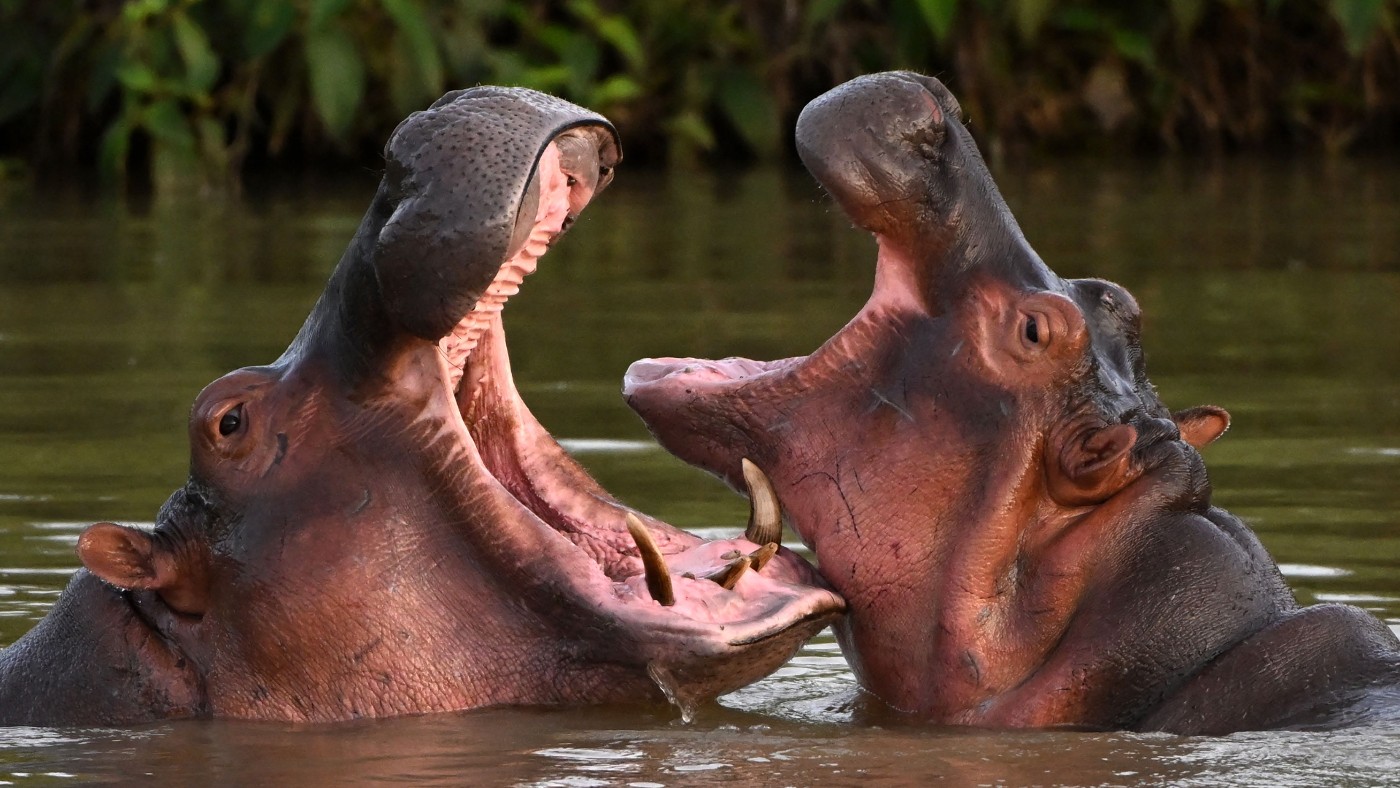 Zoos offer cockroach naming and hippo poo candles
Zoos offer cockroach naming and hippo poo candlesTall Tales And other stories from the stranger side of life
-
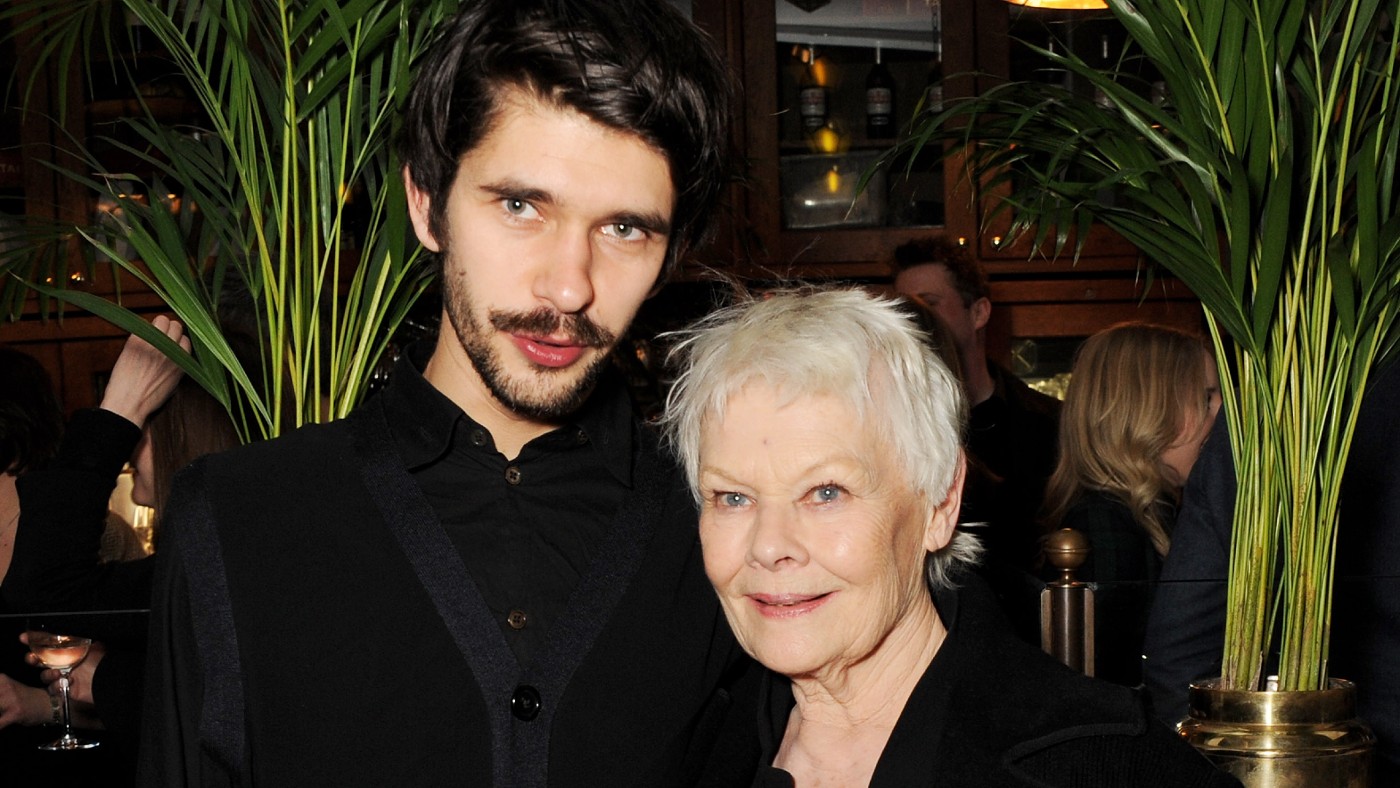 Judi Dench accidentally video called co-star from bath
Judi Dench accidentally video called co-star from bathTall Tales And other stories from the stranger side of life
-
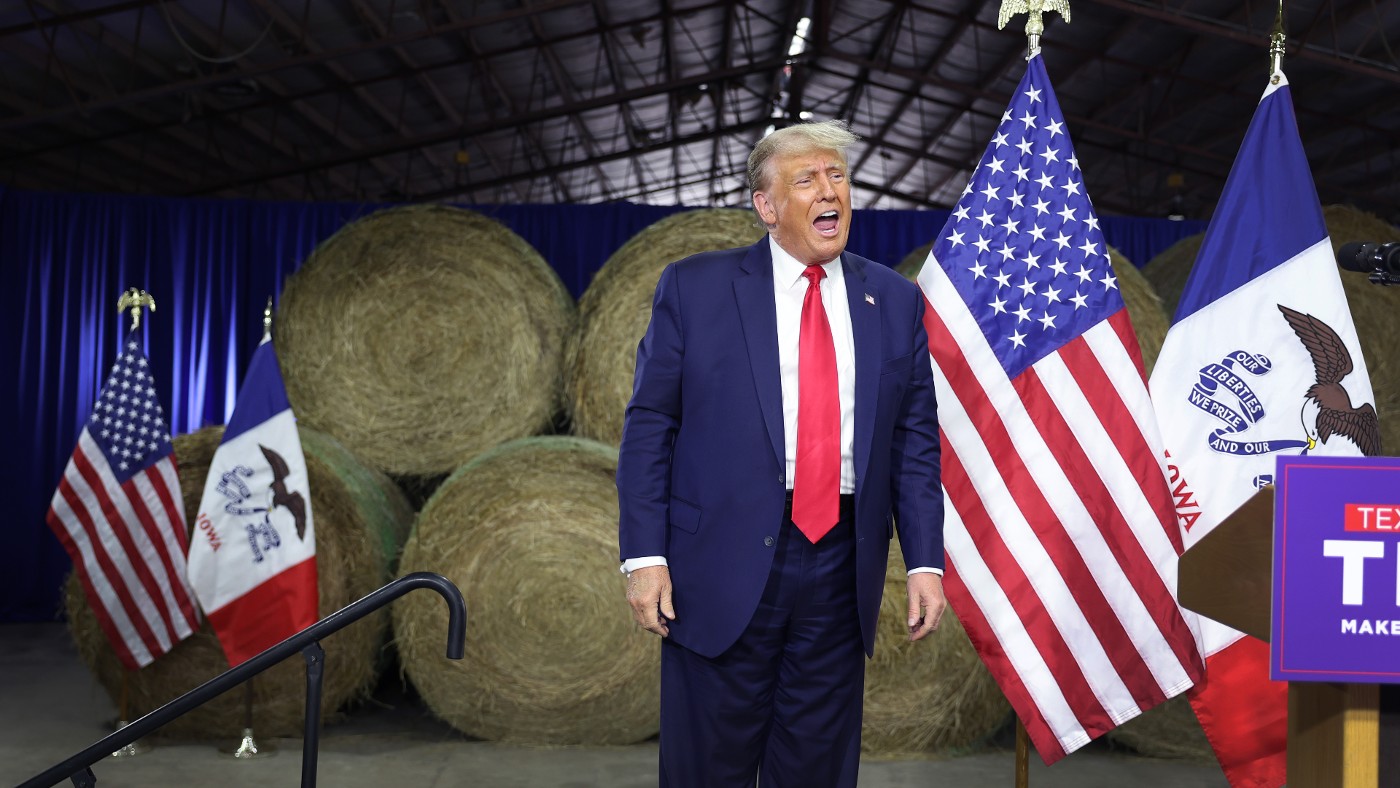 Flies attack Donald Trump
Flies attack Donald TrumpTall Tales And other stories from the stranger side of life
-
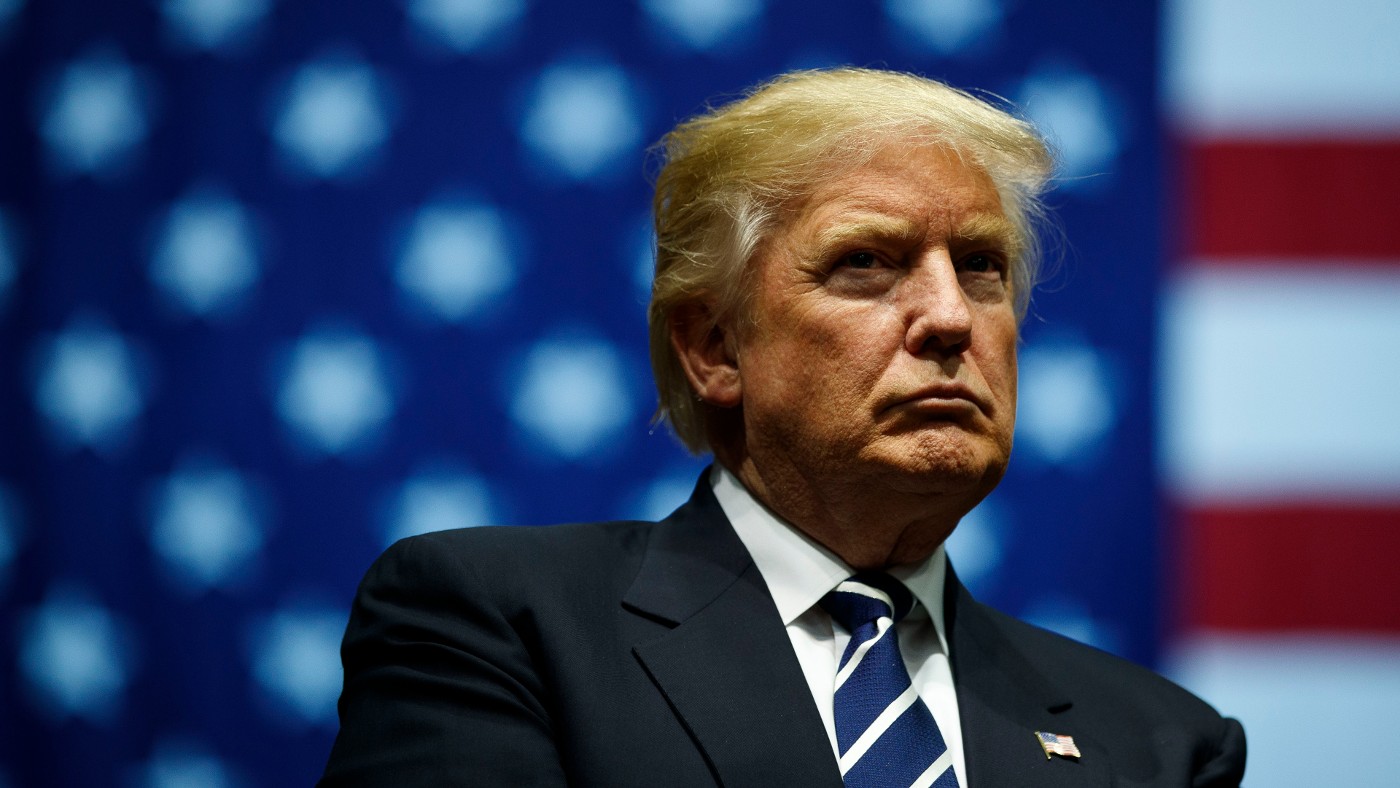 Donald Trump criminal charges for 6 January could strain 2024 candidacy
Donald Trump criminal charges for 6 January could strain 2024 candidacySpeed Read Former president’s ‘pettifoggery’ won’t work well at trial, said analyst
-
 UK smashes golden retriever record
UK smashes golden retriever recordfeature And other stories from the stranger side of life
-
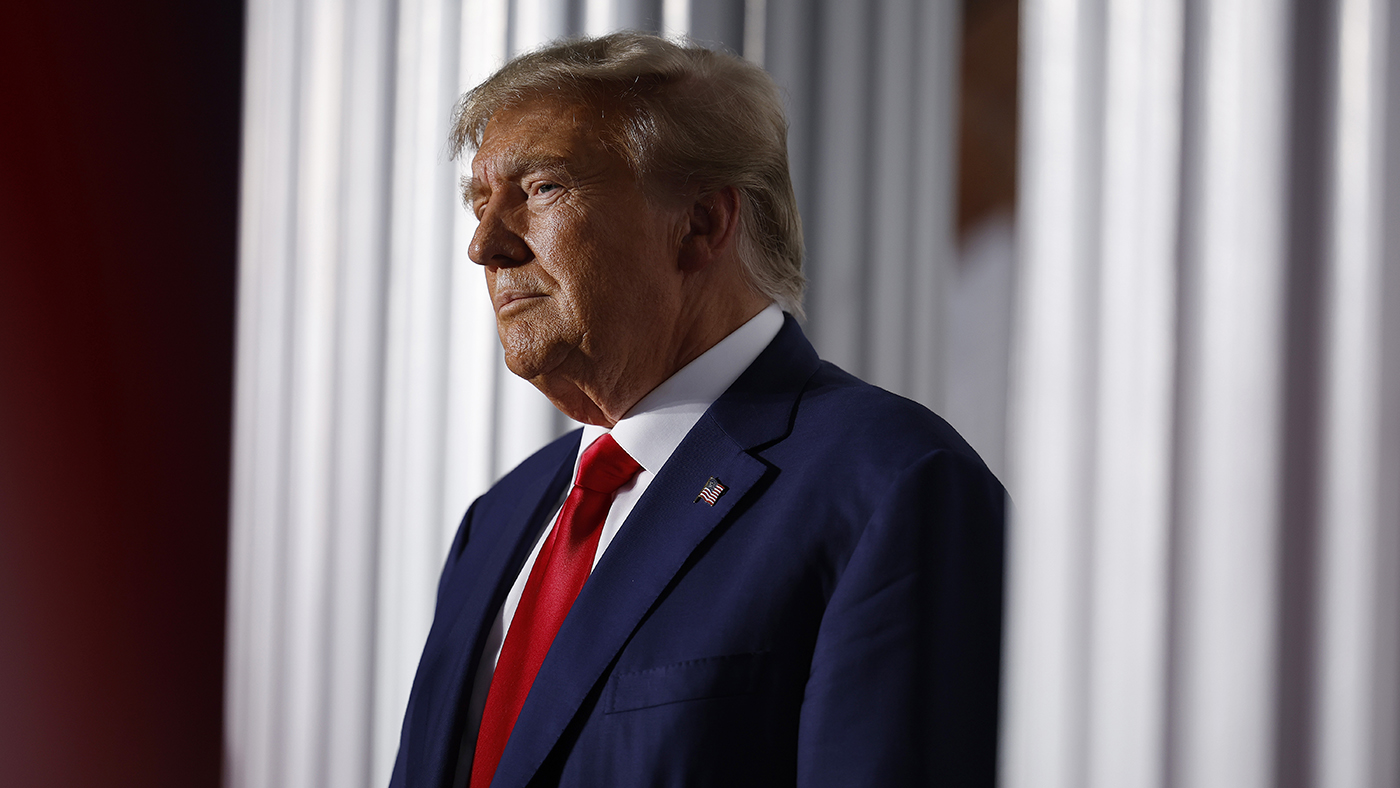 Donald Trump in the dock: a fraught moment for US democracy
Donald Trump in the dock: a fraught moment for US democracyTalking Point There is speculation that former president could end up running his 2024 election campaign from behind bars
-
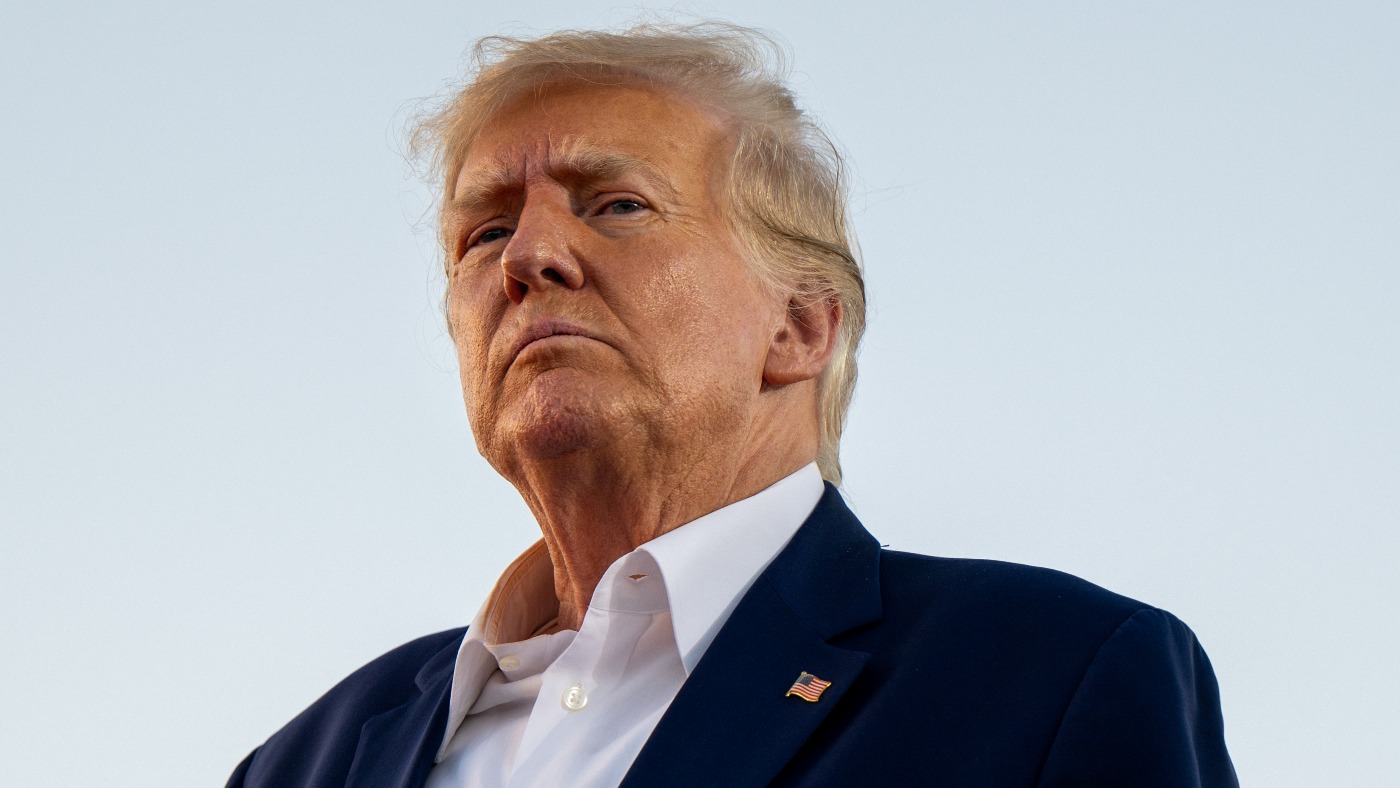 Donald Trump indicted again: is latest threat of prison a game changer?
Donald Trump indicted again: is latest threat of prison a game changer?Today's Big Question The former president ‘really could be going to jail’ but Republicans ‘may not care’ say commentators
-
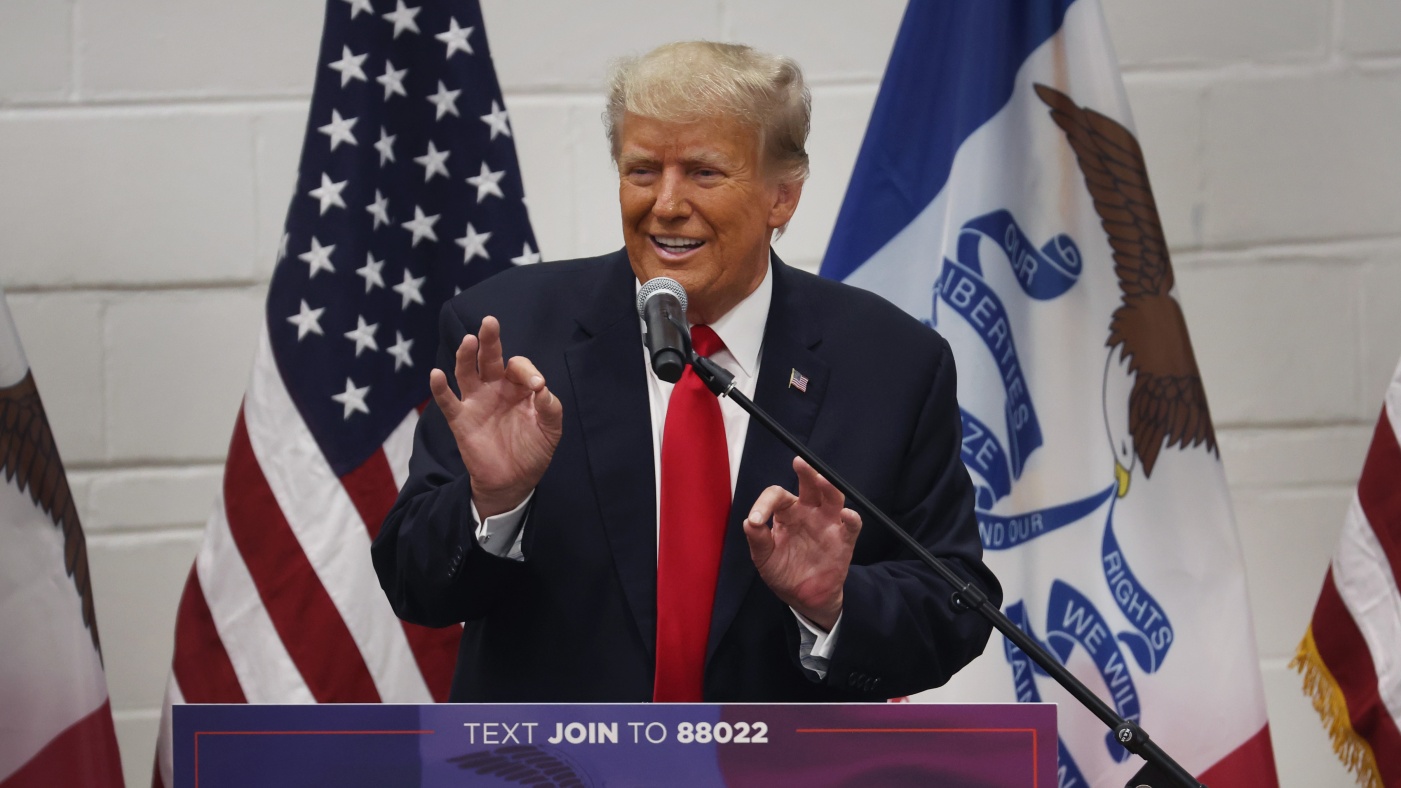 Trump told he could face charges over classified Mar-a-Lago documents
Trump told he could face charges over classified Mar-a-Lago documentsSpeed Read A second criminal indictment is on the cards for the former US president and current Republican frontrunner